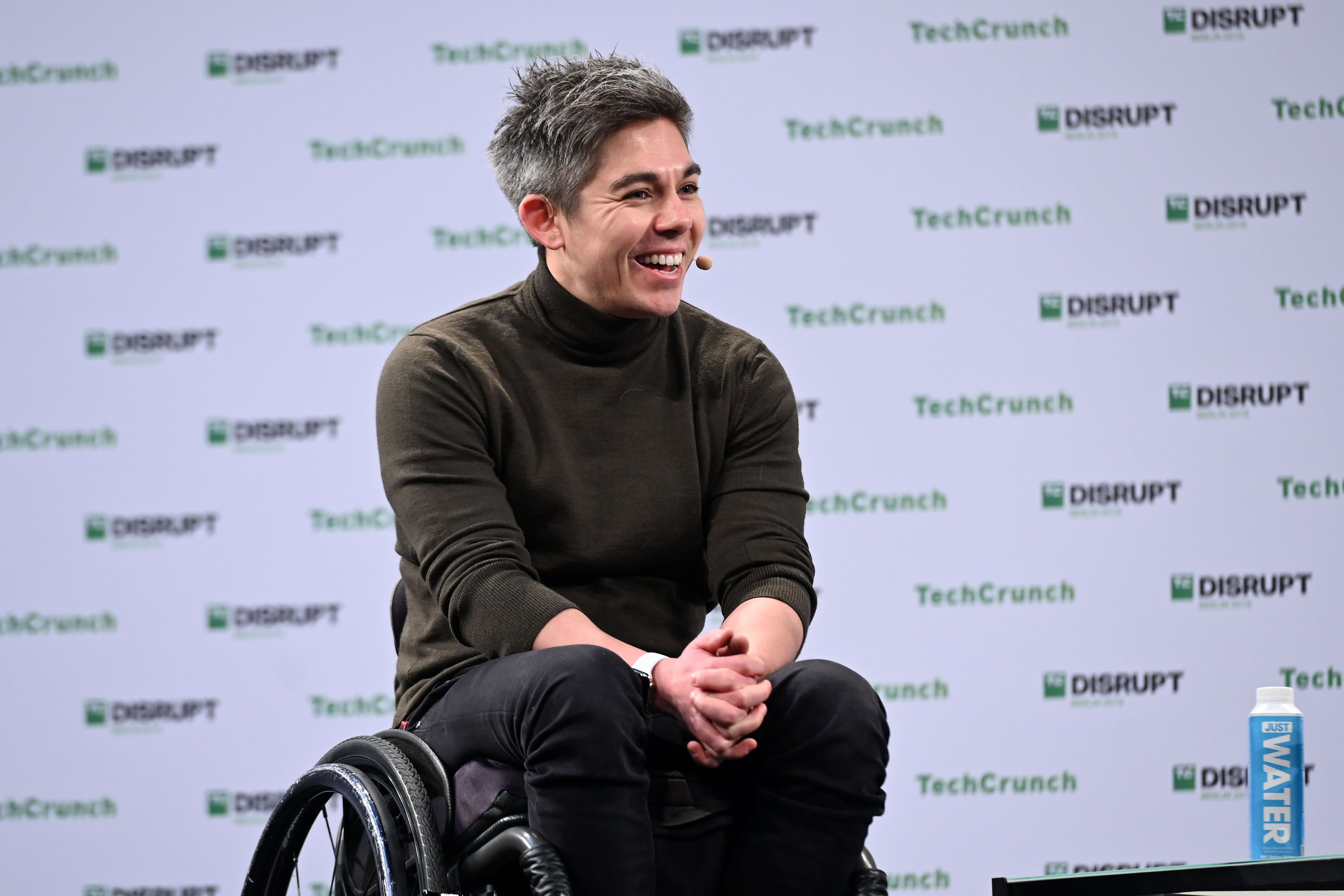Alphabet-backed fintech GoCardless nears $1 billion valuation amid digital payments boom

GoCardless CEO and co-founder Hiroki Takeuchi speaks on stage at TechCrunch Disrupt Berlin 2019.
Noam Galai | Getty Images
LONDON — British financial technology start-up GoCardless is one step closer to reaching a $1 billion valuation thanks to accelerated demand for digital payments during the coronavirus pandemic.
GoCardless said Thursday that it had raised $95 million in a fresh investment round led by the venture capital arm of Bain Capital. The new funding values the company at $970 million, meaning it’s inches away from so-called “unicorn” status.
Founded in 2011, GoCardless processes direct debit payments — recurring transactions withdrawn directly from a customer’s bank account for things like subscriptions, invoices and installments — for its business clients.
The London-based company has won backing from top investors including the venture capital investment arms of Alphabet and Salesforce.
“It’s been a strange round in some ways because it wasn’t something we’d planned,” GoCardless CEO and co-founder Hiroki Takeuchi told CNBC. “We thought that we would raise money next year.”
“2020 has been a tumultuous year with a lot going on,” he added. “But we’ve actually been growing through this period quite successfully and showing a lot of business resilience in what we’ve built.”
GoCardless says it saw revenues climb 46% year-on-year in November, without disclosing an actual revenue number. According to a U.K. Companies House filing, GoCardless’ losses almost doubled in 2019, to £27.3 million ($37 million), while its revenues grew by 31% to £29.3 million.
The firm now has 55,000 customers, including U.K. investment service Nutmeg and peer-to-peer lender Funding Circle, processing $18 billion of payments each year in over 30 countries.
‘Open banking’ push
With the additional cash, GoCardless plans to capitalize on an emerging trend in finance called “open banking,” which aims to open up precious banking data and payment services to fintech firms and other approved third parties.
The open banking movement has been propelled forward in the U.K. and EU thanks to a new law known as the Payment Services Directive, or PSD2. Proponents say the rules — which require consumers’ consent — will ultimately increase competition and transparency in the industry.
“There’s a lot of activity going on around open banking, but most of that so far has been on the account information side and more about the data,” Takeuchi said.
Last week, a major European player in the space, Sweden’s Tink, boosted its valuation to 680 million euros ($829 million) in an 85 million euro investment round. The company said it planned to expand the payments aspect of its technology.
GoCardless is also developing open banking technology for payments. It hopes to combine its payments platform with the ability to take money from customers’ bank accounts instantly, bypassing costly credit card networks like Visa and Mastercard and helping the firm expand into e-commerce.
“There are emerging limits on the areas where the card model is relevant,” Matt Harris, a partner at Bain Capital Ventures that led GoCardless’ latest round, told CNBC.
“As we see the chess board, the real opportunity is in these new types of payment — huge flows where a card is not the best instrument.”
European tech’s robust year
GoCardless, which expanded to the U.S. earlier this year, is the latest European tech firm raising a substantial amount of cash from American investors.
A report from Atomico last week found that a record 19% of European start-up funding rounds involved at least one U.S. investor in 2020, up from 16% a year ago.
It’s a vote of confidence from U.S. venture capitalists in Europe’s tech sector, which Atomico forecasts will haul in a record $41 billion in funding this year despite the harsh economic impacts of the coronavirus pandemic.
“It’s really night and day in terms of how capable European founders are now of building important, scaled businesses worth billions and billions of dollars,” Harris told CNBC.
But GoCardless and other payment upstarts find themselves up against intense competition from U.S. players, such as Stripe. The $36 billion payments giant launched its own direct debit product in the U.K. earlier this year.
“I think both companies will be exceptionally successful,” Harris said, adding: “I don’t think of it as an either-or, zero-sum game.”




